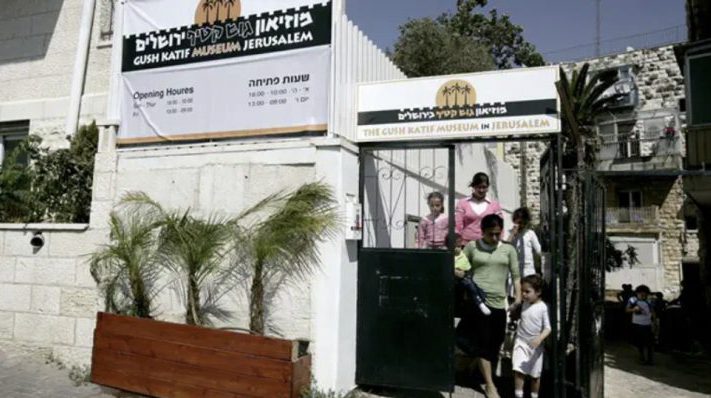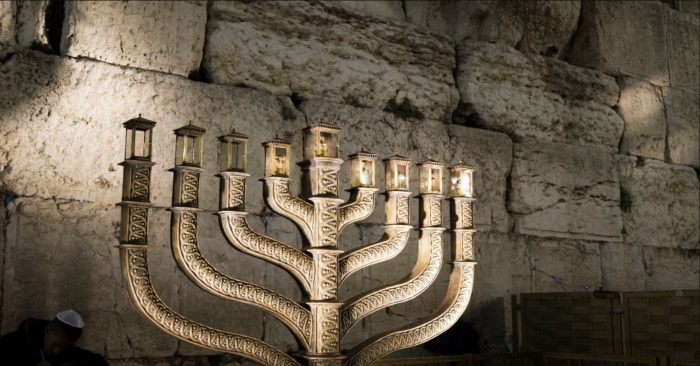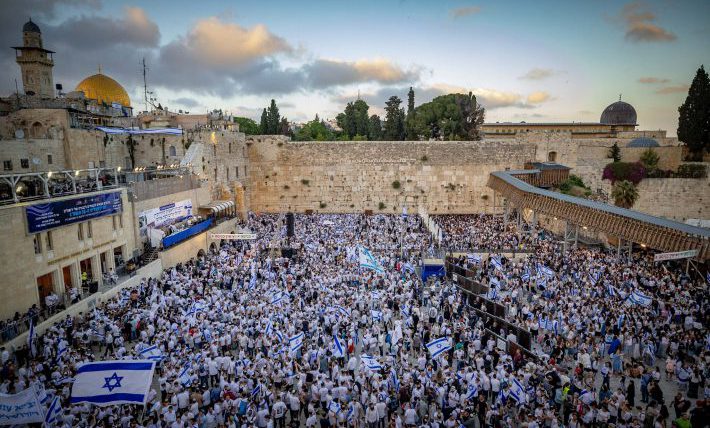Parashat Re’eh commands us to build up the Land of Israel — yet paradoxically also teaches of the Ir HaNidachat, the “city seduced into idolatry.” Its deeper lesson reveals why Israel’s national mission depends on holiness, Torah, and never erasing Jewish life from the Land.
The Book of Deuteronomy is Israel’s eternal guidebook for life in the Land of Israel. Its verses overflow with blessings, visions of the land’s beauty, and commands to build it up.
Yet in this week’s portion, Parashat Re’eh, the Torah presents a jarring law: the Ir HaNidachat — a city of Jews lured into idolatry, whose fate is complete destruction (Deut. 13:13–19).
Why would the Torah, so insistent on building and preserving life in Israel, command the eradication of an entire Jewish city?
The Impossible Case: Ir HaNidachat
The Talmud (Sanhedrin 71a) sets impossibly strict conditions: the seducers must be adult men from the same tribe and city, the number of seduced must be at least 100, and the ruling must come from the Great Sanhedrin itself. Even then, the city cannot be Jerusalem, a border town, or a City of Refuge. So many limitations exist that the Sages declared: “The seduced city never happened and never will happen.”
So why is it written? “So that you may study it and receive reward.”
Why Destruction?
Israel’s mission is not to be just another state with a flag, an army, and even great achievements like technology and democracy. Its true purpose is to build a holy Torah society — to sanctify G-d’s name (Kiddush Hashem).
A Jewish city that entirely abandons this mission for idolatry has lost its reason to exist. Its destruction, however unthinkable, underscores Israel’s destiny: without holiness, the entire national project is meaningless.
The Exception: Border Cities
The Torah spares border cities even if they turn to idolatry. Why? Because their destruction would:
- Invite enemies to invade, weakening Israel’s defenses.
- Cause Chillul Hashem — our enemies would not see Jews uprooting idolatry; they would see Jews destroying their own.
History tragically proves this point. When the government destroyed Jewish life in Gaza during the 2005 “Disengagement,” enemies made no distinction between “settlers” of Gush Katif and kibbutzniks of Be’eri or Nir Oz. On October 7, 2023, Hamas slaughtered all indiscriminately.
“You Shall Not Do So to Hashem”
Just after commanding the destruction of idolatry (Deut. 12:2–3), the Torah adds: “You shall not do so to Hashem your G-d.” The simple, chilling lesson for our generation is: Do not bulldoze synagogues, do not raze Jewish cities, do not erase Jewish presence in the Land — especially near the borders.
The Calendar Connection: Av to Elul
Parashat Re’eh always falls at the close of Av, leading into Elul — the season of repentance. Fittingly, two historic moments of renewal occurred on these dates:
- 29 Av 2448: Moshe ascended Sinai for the third time to secure Israel’s atonement after the Golden Calf.
- 1 Elul 3408: King Darius II allowed Jews to resume building the Second Temple after years of Persian obstruction.
Both moments symbolize repentance and rebuilding — themes that resonate powerfully today as Israel begins to atone for the sin of uprooting its own communities.
Redemption Through Rebuilding
The message of Parashat Re’eh is clear: the Jewish mission in the Land is to build, not destroy. Israel exists not merely for survival, but to live as a holy nation. And when we strengthen Jewish life in every part of the Land, the Prophet’s words are fulfilled:
“Nations you did not know will run to you… because Hashem your G-d, the Holy One of Israel, has glorified you.” (Isaiah 55:5)





